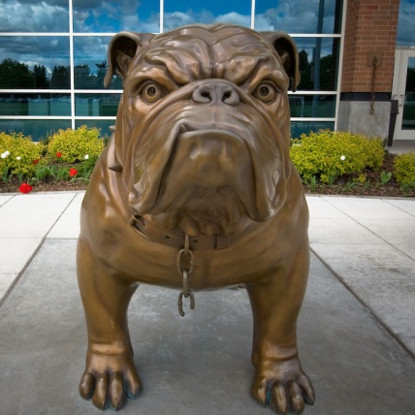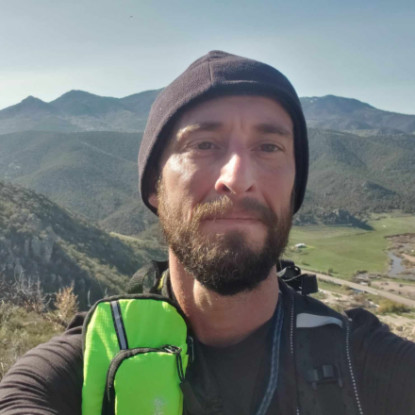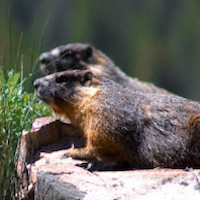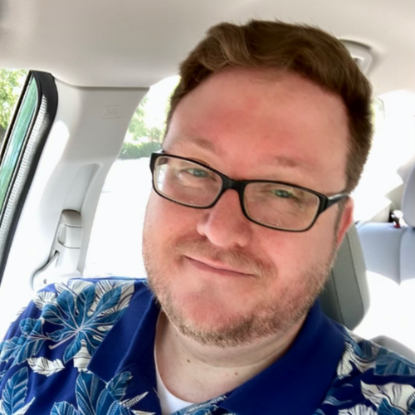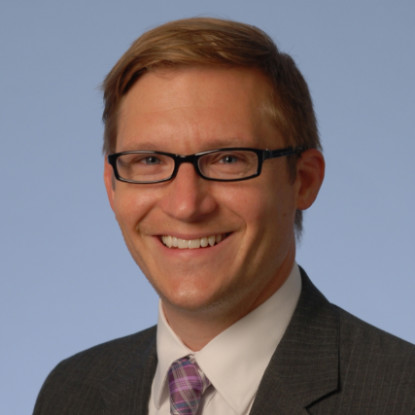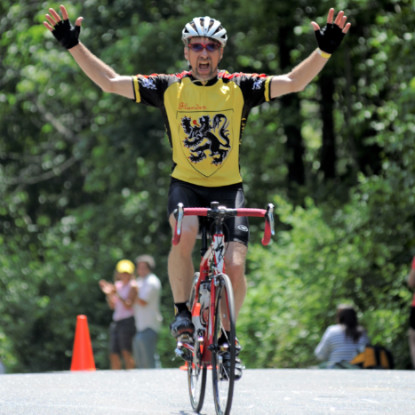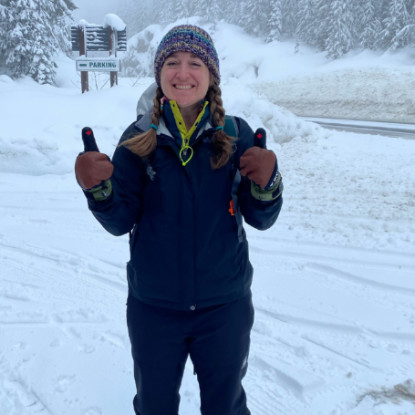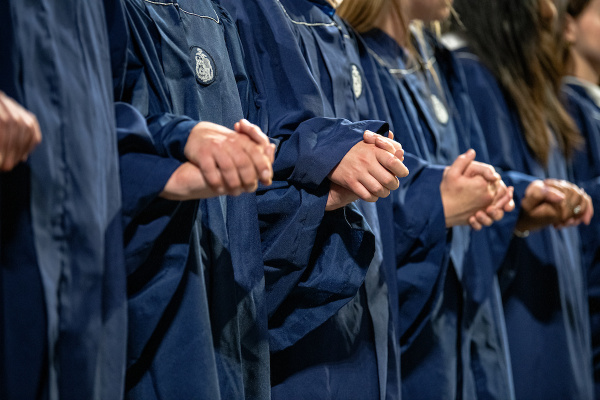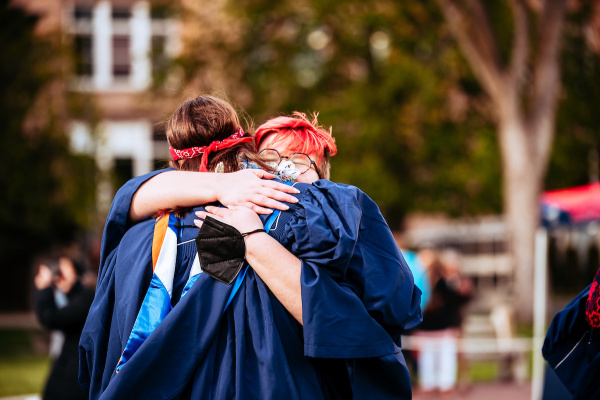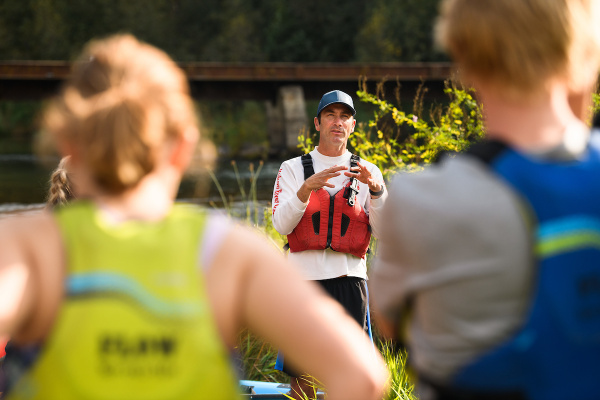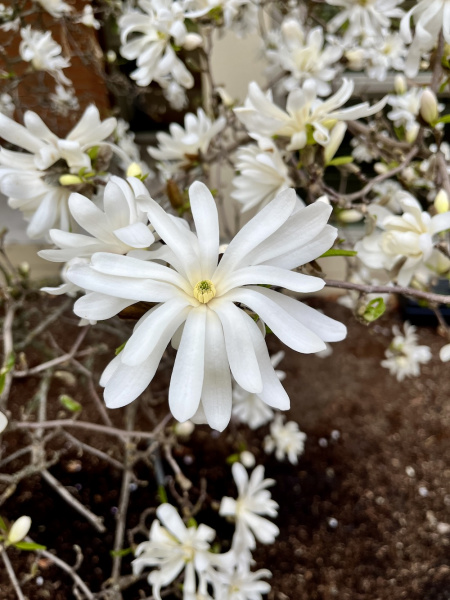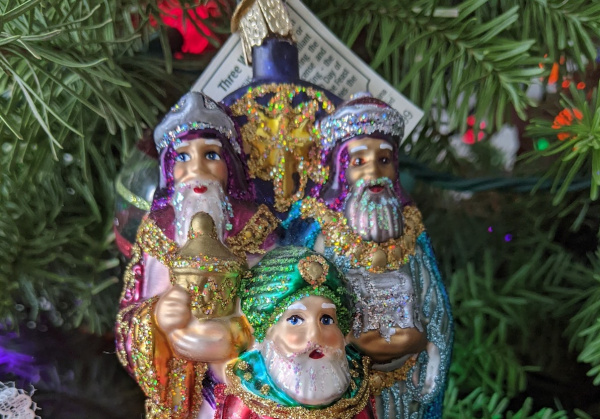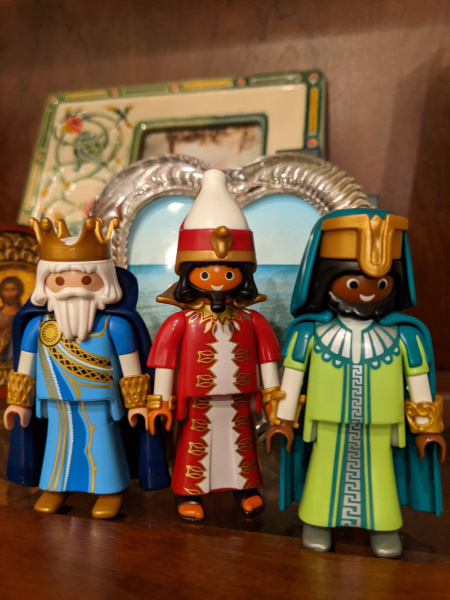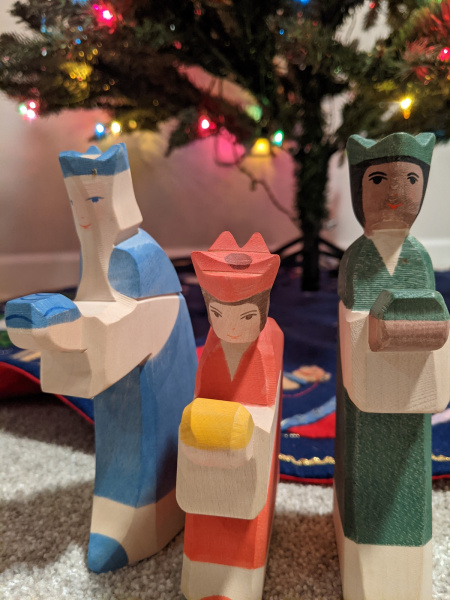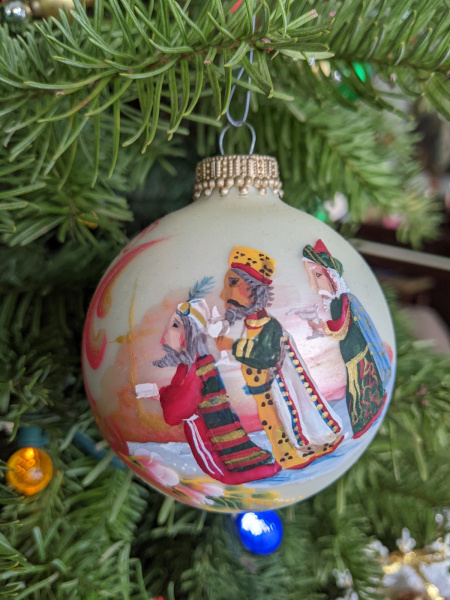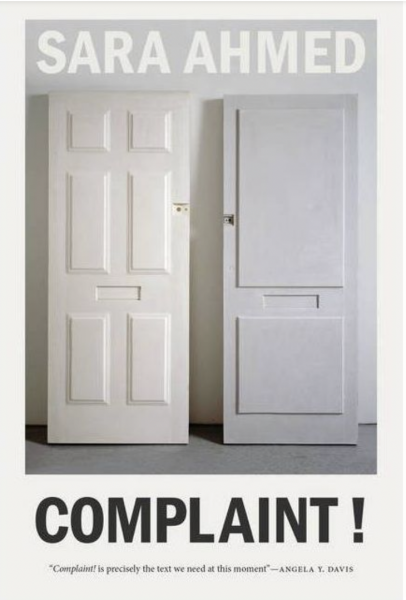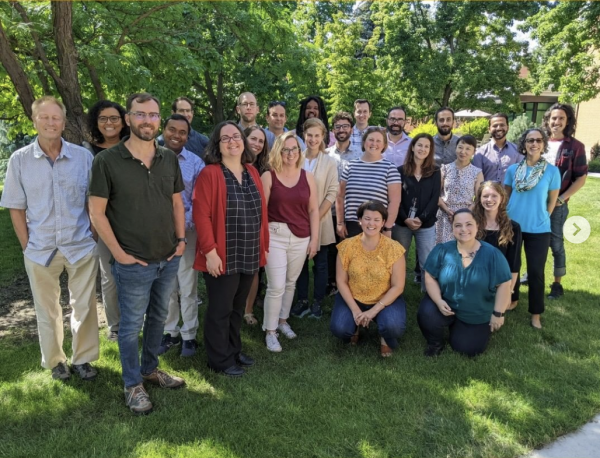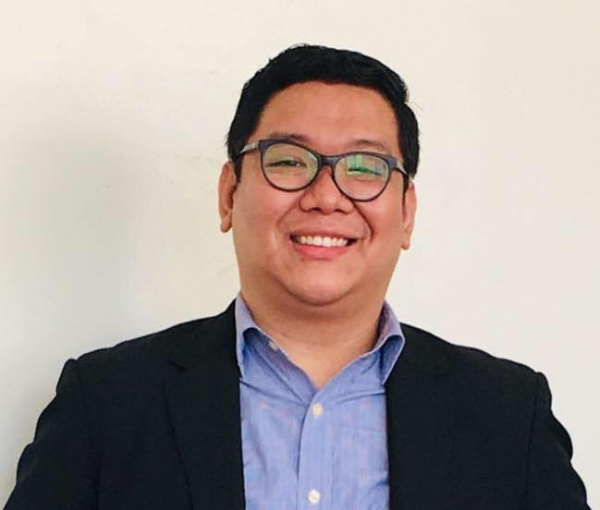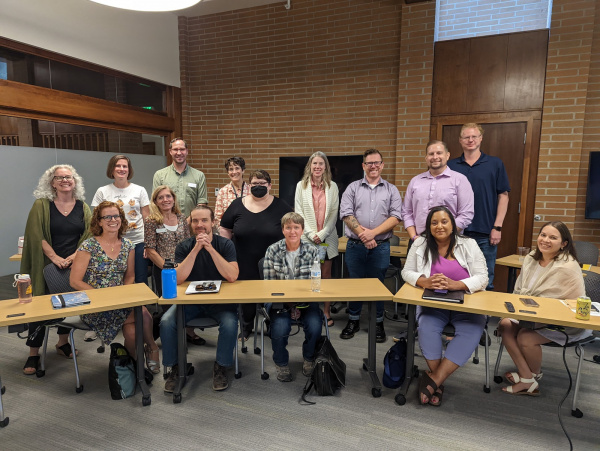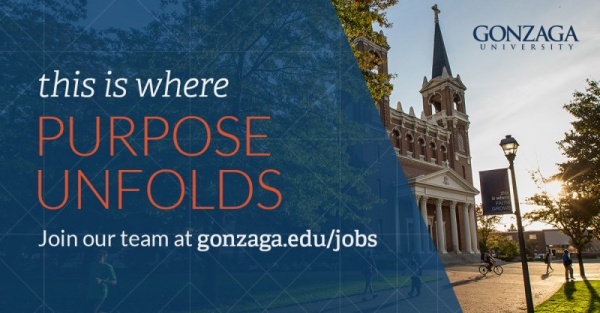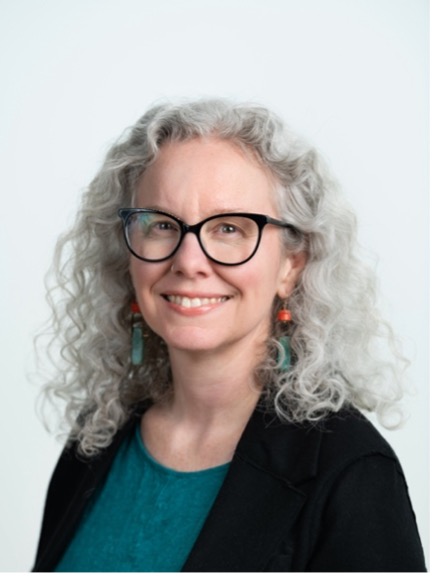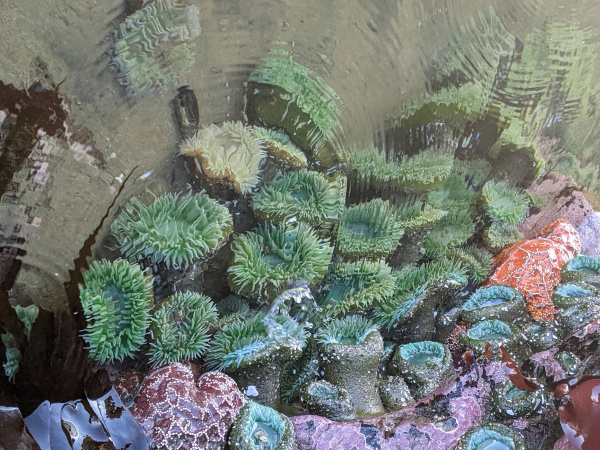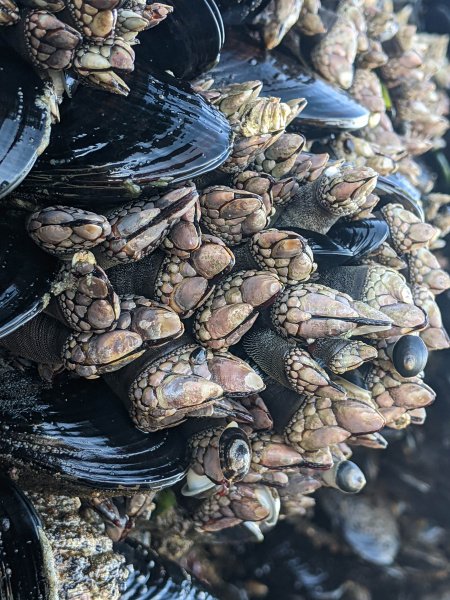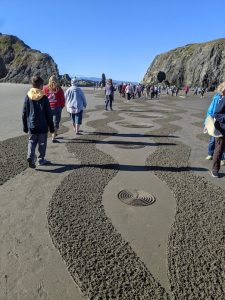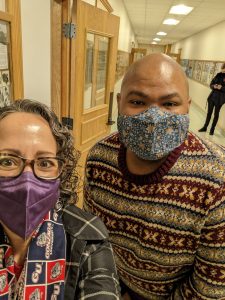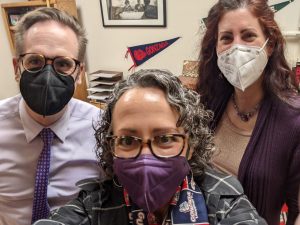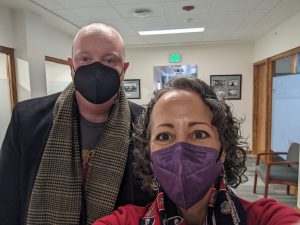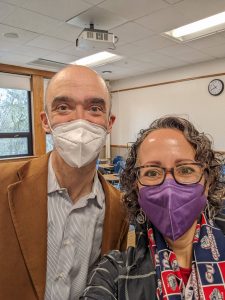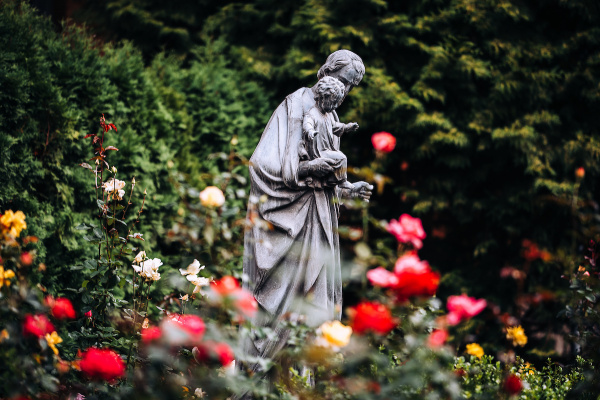The College of Arts & Sciences is proud to welcome 14 new tenure track and 13 lecturer faculty this Fall semester. This year’s cohort represents 14 different departments, including Political Science (2), Communication Studies (4), Religious Studies (3), Environmental Studies & Sciences (1), Philosophy (4), Biology (3), English (3), Music (1), History (1), Women & Gender Studies (1), International Studies (1), Mathematics (1), Psychology (1), and Theatre & Dance (1). In addition to its size, this year’s cohort includes a diverse array of expertise and identities and is likely the most diverse cohort integrated into the College. From Dean Caño,
The incoming class of faculty are a stellar cohort, hailing from many different parts of the world and representing a diverse array of disciplinary knowledge, skills, and life experiences. Despite their differences, they all have one thing in common: an excitement to learn from and contribute to the Gonzaga community. I can’t wait for everyone to meet their new colleagues over the course of the year.
Tenure-Track Faculty
Jenaro Alberto Abraham
Department: Political Science
Expertise: Latin American and Caribbean Politics
Fun Fact: I like playing soccer and listening to salsa.
Charles Athanasopoulos
Department: Communication Studies
Expertise: Communication Studies; the Black Radical Tradition; Cultural Studies; Visual Rhetoric
Fun Fact: This is my first time living on the west coast (originally from Queens, NY).
Richard “Chip” Callahan
Department: Religious Studies
Expertise: Religion in American culture; Religion and labor history; Method and theory in the study of religion
Fun Fact: I’ve always been an ocean-lover, living on both the Atlantic and Pacific coasts, but I am now in love with Spokane and I love the mountains, the lakes, and kayaking on the Spokane River. I’m a fan of bluegrass music, and lately, I can’t hear enough of Billy Strings’s music.
Nigel D’Souza
Department: Environmental Studies & Sciences and Biology
Expertise: Microbial Ecology
Fun Fact: I stress out microbes for a living. I have lived in 7 states across the US in the last 15 years.
Jeremiah Favara
Department: Communication Studies
Expertise: Gender and feminism, sexuality and queer theory, intersectionality, and militarization and media
Fun Fact: I’ve lived in 7 states and 5 countries.
Kendall Fisher
Department: Philosophy
Expertise: Medieval Philosophy
Fun Fact: I love sewing, especially from vintage patterns!
Jens Hegg
Department: Biology
Expertise: Aquatic Ecology
Fun Fact: I enjoy performing Americana, blues, and folk on guitar. Catch me at the Palouse Music Festival at the end of July in my hometown of Palouse, WA.
Sarah James
Department: Political Science
Expertise: American politics and social policy
Fun Fact: Before going to graduate school, I was a high school principal.
Miranda McLeod
Department: English
Expertise: Creative Writing, Composition, English Literature
Fun Fact: I’m a new gardener and would love to get to know people who have experience growing in the area. Please invite me to a seed swap!
Sarah Porter
Department: Religious Studies
Expertise: Byzantine Studies
Fun Fact: I lost my 7th-grade spelling bee on “springbok.”
Darian Spearman
Department: Philosophy
Expertise: Africana Philosophy
Fun Fact: I’ve lived in many places around the country, but I am happy to be returning home!
Meg Stohlmann
Department: Music
Expertise: Choral music and education
Fun Fact: I jumped out of a plane 5 times (when I was in the Air Force in another life) and earned my jump wings :).
Corinne Sugino
Department: Communication Studies
Expertise: Communication Studies, Asian American rhetoric, cultural studies, post-racialism
Fun Fact: I enjoy hiking and am excited to explore the surrounding area/nearby national parks!
Joseph Vignone
Department: History
Expertise: Medieval Islamic science, religion, and literature
Fun Fact: I’m developing a course on historical video games as a form of public history, and am looking for collaborators!
Lecturers
Josh Anthony
Department: English
Expertise: Creative Writing
Fun Fact: I recently got into disc golf.
Kevin Brown
Department: Religious Studies
Expertise: Systematic Theology (ecclesiology, ecumenism, Christology, liberation theologies, hermeneutics, spirituality, pneumatology, fundamental theology, Second Vatican Council)
Fun Fact: I am a life-long, die-hard Dodgers fan. My dad’s family happened to move from New Jersey to California the same year the Dodgers moved from Brooklyn to LA, so the roots of the fandom go back several generations.
Krista Kubiak Crotty
Department: Psychology
Fun Fact: I love the mountains, hope to see you on the slopes this winter!
Avery Dame-Griff
Department: Women’s & Gender Studies
Expertise: How the Internet transformed transgender political organizing from the 1980s to the contemporary moment.
Fun Fact: I’m distantly related to Milton S. Hershey, the founder of Hershey’s Chocolate.
Albana Dwonch
Department: International Studies
Expertise: International Studies. Modern Middle East, Networked Social Movements
Fun Fact: I am an avid reader of literary fiction, and in my free time, I translate novels from English into my native language. It is like linguistic therapy for me and it keeps me connected to my language and my culture, Albanian.
Blake Edwards
Department: Theatre & Dance
Expertise: Theatre arts
Fun Fact: A long time ago in LA, I was in a play with Meryl Streep’s son. She came to see the show. Afterward, she congratulated me and said I was a very good actor. I told her that she was also proficient.
Hussein El Ebiary
Department: Biology
Expertise: Microbiology
Fun Fact: I played college basketball for 4 years. I’m an athletic nerd!
Anthony Fisher
Department: Philosophy
Andrei Kochegarov
Department: Biology
Expertise: Microbiology
Ryan McWilliams
Department: English
Expertise: American Literature
Fun Fact: My grandfather taught at Gonzaga, but my first time setting foot on Gonzaga’s campus was for summer basketball camp.
Kelvin Rivera-Lopez
Department: Mathematics
Chandler D. Rogers
Department: Philosophy
Expertise: Environmental Philosophy, 19th Century Philosophy
Tao Zhang
Department: Communication Studies
Expertise: Intercultural Communication, Critical Communication Pedagogy
Fun Fact: Swimming and hiking are my favorite hobbies after work. I also love eating anything potato, for which I earned the nickname Lady Potato.


